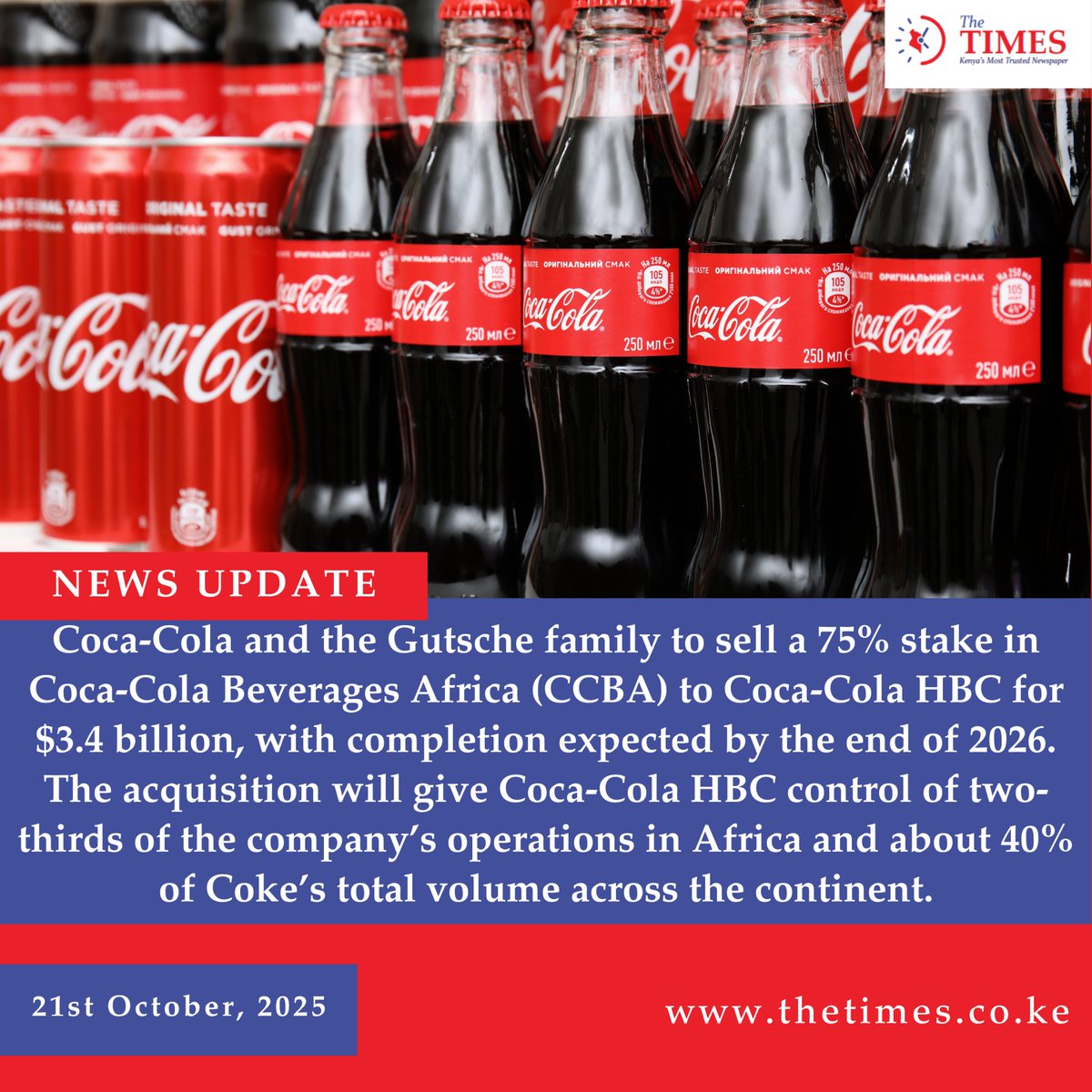Introduction to Coca-Cola HBC’s Acquisition Strategy
The recent acquisition by Coca-Cola HBC (Coca-Cola Hellenic Bottling Company) marks a significant move within the African beverage landscape. As one of the largest bottlers of Coca-Cola products globally, HBC’s strategic investments in Africa not only indicate the company’s faith in the continent’s economic potential but also underline the increasing demand for soft drinks and other non-alcoholic beverages among the growing African middle class.
Details of the Acquisition
On October 15, 2023, Coca-Cola HBC announced its plan to acquire a key local bottling company, which is expected to enhance its distribution network and product offerings across various regions in Africa. While the exact financial terms of the deal are yet to be disclosed, this acquisition is seen as a cornerstone of HBC’s long-term strategy to strengthen its foothold in Africa. The deal is poised to bring a comprehensive portfolio of local brands under Coca-Cola HBC’s umbrella, thereby providing consumers with a wider array of product choices that cater to local tastes and preferences.
Market Impact and Future Projections
Coca-Cola HBC’s acquisition strategy is anticipated to yield substantial benefits for both the company and the local economies. Analysts suggest that the acquisition will not only increase the efficiency of supply chains but also foster job creation in the regions served. As the beverage market in Africa continues to expand, driven by urbanization and rising disposable incomes, this consolidation is a proactive step to capture a larger market share. Industry experts project that Coca-Cola HBC could see revenue growth rates surpassing 10% annually within the next three to five years as a result of its enhanced operational capabilities and brand portfolio.
Conclusion: Significance for Consumers and the Market
The acquisition by Coca-Cola HBC is more than just a business transaction; it represents a commitment to invest in African markets and adapt to consumer needs. With a growing consumer base that is increasingly looking for diverse beverage options, the acquisition is likely to lead to innovative product offerings tailored to African tastes. As these developments unfold, it may set a precedent for other multinational corporations to explore similar strategies in emerging markets. For consumers, this shift promises not just an expanded range of products but potentially more competitive pricing and improved product availability.


